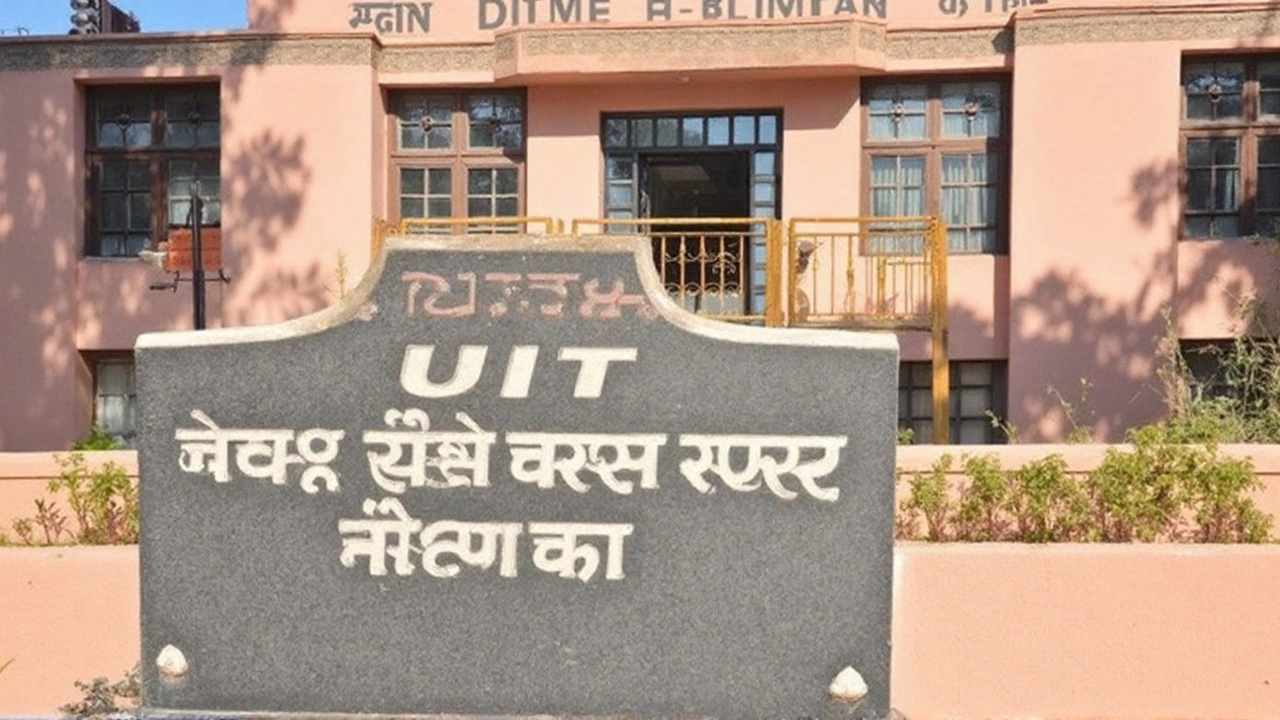Retail Excise Shops: How They Work and Why They Matter
Ever wondered why a bottle of whisky costs more than the same bottle in a supermarket? The extra charge usually comes from an excise tax, and the places that sell these taxed items are called retail excise shops. In plain terms, these are stores that are licensed to sell products on which the government imposes a special tax.
Excise taxes target specific goods—most often alcohol, tobacco, and sometimes fuel or certain luxury items. The tax is added on top of the regular sales price, so the final amount you pay includes both the product cost and the excise duty.
How Excise Tax Is Calculated
Excise duty isn’t a flat percentage like sales tax. It can be a fixed amount per unit (for example, $0.50 per pack of cigarettes) or a percentage of the product’s value (say, 10% of the wholesale price of a bottle of wine). The government sets these rates, and the shop has to collect the tax at the point of sale.
Once collected, the shop forwards the tax to the tax authority, usually on a monthly or quarterly basis. Failure to do so can lead to hefty fines or loss of the shop’s licence.
Licensing and Compliance
Running a retail excise shop isn’t as simple as opening a regular store. You need a special licence that proves you meet safety, age‑verification, and record‑keeping requirements. The licence process often includes background checks, proof of secure storage, and training for staff on how to check IDs.
Compliance doesn’t stop at getting the licence. Shops must keep detailed sales logs, maintain separate accounting for excise‑taxed items, and undergo periodic inspections. These steps help the government track tax revenue and prevent illegal resale.
For shoppers, the biggest impact is price. Because the excise tax is built into the final cost, you’ll notice higher prices for cigarettes, spirits, and similar goods compared to untaxed items. Some shops try to offset the tax by offering bulk discounts or promotional packs, but the tax portion remains.
There are a few practical tips if you buy from a retail excise shop. First, always ask for a receipt that breaks down the base price and the tax; this helps you see how much you’re actually paying in tax. Second, make sure the shop checks your ID if you’re buying age‑restricted products—this protects both you and the shop from legal trouble.
Retail excise shops also play a role in public‑health policies. By raising the price of harmful products, excise taxes aim to curb consumption. Some governments use part of the tax revenue to fund health programs, creating a loop where the tax helps pay for the costs of the products it taxes.
Looking ahead, digital tools are making compliance easier. Many shops now use point‑of‑sale software that automatically calculates excise duty, prints detailed receipts, and uploads sales data to tax authorities. This reduces errors and speeds up reporting.
In short, retail excise shops are more than just places that sell alcohol or cigarettes. They’re part of a system that collects special taxes, enforces age limits, and supports government programs. Knowing how they work helps you understand why certain items cost more and what responsibilities the shop has to stay legal.
Next time you walk into a shop that sells whisky, cigars, or specialty fuel, you’ll recognize the extra line on your receipt as the excise tax. It’s the government’s way of charging for those specific products, and the shop’s way of making sure the tax gets paid the right way.
Simdega Liquor Shop Lottery Shows Transparent Allocation
The Simdega district administration ran a fully transparent lottery on Aug 22 2025 to allocate 1,343 retail excise liquor shops. All 560 shop groups received applications, and results were posted by Aug 31 2025 under the watch of the Superintendent of Excise. The process aimed to curb favoritism and ensure equal opportunity. Winners must complete documentation to obtain licenses. Official channels publicly shared the outcomes.
